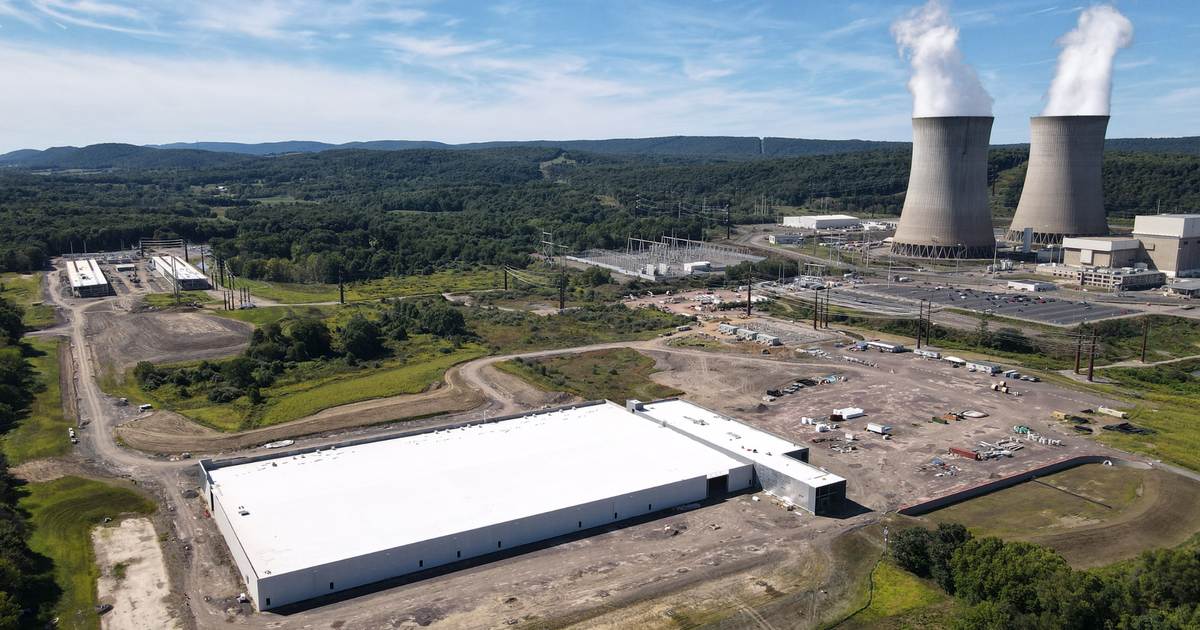8:00 – 8:50 a.m.
Self-Guided Tour of Posters and Exhibits
Coffee/tea and light breakfast snacks available in the Terrace Room (Rm.
MORNING SESSION
9:00 – 9:10 a.m
Welcome and Opening Remarks
The Forum (Rm. 272), Elaine Langone Center
Ghislaine McDayter
Associate Provost, Bucknell University
9:15 – 10:15 a.m
Plenary Presentations (Set 1)
The Forum (Rm. 272), Elaine Langone Center
9:15-9:45 a.m.
Onondaga Creek and the Salt City
Freida Jacques
Humanities Scholar and Turtle Clan Mother
Onondaga Nation, Haudenosaunee Confederacy
9:45-10:15 a.m.
Indigenous Heritage Initiative: Restoring a Cultural-Ecological Relationship with the Land
Laurel Etter Longenecker
Executive Director, RiverStewards Collaborative
alyssa Hannigan
Ecological Designer, LandStudies
10:15 – 10:30 a.m.
Intermission
10:30 – 11:30 a.m.
Plenary Presentations (Set 2)
The Forum (Rm. 272), Elaine Langone Center
10:30-11:00 a.m.
Resilient by the River: Strengthening Flood Preparedness and Preservation in Selinsgrove Borough
Megan Schmidt
Senior Water Resources Engineer, AKRF
Betsy kramer
Program Manager for Community Revitalization & Resiliency at SEDA-Council of Governments (SEDA-COG)
11:00-11:30 a.m.
Adaptive Approaches to Process-Based Stream Restoration
David Goerman
Watershed Program Specialist, Bureau of Waterways Engineering and Wetlands, Pennsylvania Department of Environmental Protection
Panel Discussion with Plenary Speakers
11:30 a.m. – 12:00 p.m.
Audience can reflect upon the morning’s presentations, ask questions, and interact with the plenary speakers. Moderated by Dr. Shannon Seneca, Haudenosaunee Environmental Engineer and Assistant Professor of Indigenous Studies, University at Buffalo
12:00 – 1:00 p.m.
Walls Lounge (Room 231)
Lunch
AFTERNOON SESSIONS
1:00 – 2:00 p.m
Center Room (Room 256)
Learn more about data centers – what they are, how they operate, and their impacts on water, air, and local communities. Moderated by Dr. Kathy Boomer, Foundation for Food and Agricultural Research and featuring presentations by Dr. Shannon Seneca, University of Buffalo, Christine Abrams, Towanda Seneca Nation, Basom, New York and Sharon Waltman and Dr. William Waltman, agronomists and soil scientists and organic farmers near Danville, Pennsylvania. Middle Susquehanna River Keeper, John Zaktansky, who has been organizing information and research in the area of one proposed data center site in Northumberland and Montour counties will also be present.

1:00 – 2:00 p.m
Oral Presentations (Set 1)
Please note the room location for each session. The name of the author presenting is listed after the title of presentation.
Session 1
Rooms 241 A/B
Conservation and Restoration
1:00 – 1:20 pm
“Research for restoration: Improving impact through university partnerships.” (Michaela Rolecki)
1:20 – 1:40 pm
“Research on Methods for Establishing Riparian Forest Buffers” (David Wise)
1:40 – 2:00 pm
“A Landscape Transcriptomics Approach for Evaluating the Effectiveness of Riparian Buffers to Reduce Stress in Brown Trout (Salmo trutta)” (Isaac Carachilo)
Session 2
Rooms 241 C/D
Watershed Hydrology and Flooding
1:00 – 1:20 pm
“Benchmarking Deep Learning Models for Improved Streamflow Prediction” (Jiangtao Liu)
1:20 – 1:40 pm
“Was it “the worst we’ve ever seen”? An exploration of a storm event from the summer of 2025″
(Benjamin Franek)
1:40 – 2:00 pm
“Rising Rivers, Rising Risks: A Future Floodscape Analysis of a Central Pennsylvanian Watershed” (Digant Chavda)
Session 3
The Forum
(Room 272)
Video Storytelling
1:00 – 2:00 pm
“Water on its way to the Chesapeake: Video storytelling as a tool for collaboration and public engagement” (Michael Kinney and Joseph Simons)
2:00 – 3:00 p.m
Oral Presentations (Set 2)
Please note the room location for each session. The name of the author presenting is listed after the title of presentation.
Session 4
Rooms 241 A/B
Water Quality
2:00 – 2:20 pm
“A Collective Identity Approach to Addressing Water Quality in the Chesapeake Watershed Region of Pennsylvania.” (Stephen Mainzer)
2:20 – 2:40 pm
“Keystone Water Resources Center: A Collaborative Model for Sustaining Long-Term Water Monitoring” (Elyse Johnson)
2:40 – 3:00 pm
“Sounding The Alarm on E. coli in the Lower Susquehanna Watershed: How Can Water Quality Monitoring Empower and Engage Communities“ (Aaron Dixon)
Session 5
Rooms 241 C/D
Aquatic Ecology
2:00 – 2:20 pm
“PFAS and fish consumption: Per- and polyfluoroalkyl substances in invasive Channa argus populations.” (Matthew Chotlos)
2:20 – 2:40 pm
“Bacterial assemblages respond to variations in riparian canopy in 46 headwater streams in the upper Delaware River Basin, USA.” (Steven Rier)
2:40 – 3:00 pm
“Investigation of corrosion inhibitors for Li-ion battery discharge in aqueous electrolytes“ (Ahsan Khan)
Session 6
The Forum
(Room 272)
Environmental Communication
2:00 – 3:00 pm
“Environmental Journalism: Tips and tools for local research.” (John Zaktansky)
Session 7
Gallery Theater
(Room 301)
Reflection and Inspiration
2:00 – 2:20 pm
“A New Native American Reflection Space in the Susquehanna Watershed.” (Paul Siewers)
2:20 – 2:40 pm
“Live Like a River Flows: A Journey of Healing.” (Carol Parenzan)
2:40 – 3:00 pm
Q/A for session presenters
3:00 p.m. – 3:15 p.m.
Reflections and Looking Ahead
3:15 p.m.
Symposium ends

The annual River Symposium is an educational community outreach event sponsored by the Bucknell Center for Sustainability & the Environment, the Susquehanna River Heartland Coalition for Environmental Studies, and the Pennsylvania Water Resources Research Center at Penn State University.
For more information, please contact Dr. Benjamin Hayes, Director of the Watershed Sciences and Engineering Program at the Bucknell Center for Sustainability & the Environment at brh010@bucknell.edu.